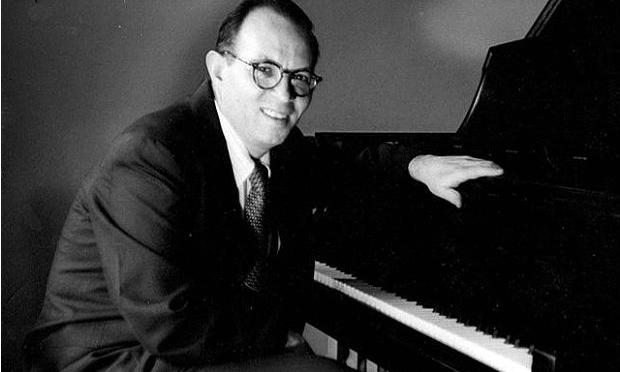We're Going to Win, Twins - Mary Jane Alm
If you grew up in the Upper Midwest, these words should be familiar:We're gonna win, Twins
We're gonna score
We're gonna win, Twins
Watch that baseball soar.
Crack out a home run
Shout a hip-hooray
Cheer for the Minnesota Twins today.
This song has been around since the Washington Senators moved to Minnesota and became the Twins in 1961. It's played when the team takes the field for home games. It was (and maybe still is) used to kick off radio coverage of Twins games.
The song was initially intended not for the baseball team but for one of its sponsors, Hamm's Beer:
Sing out for Hamm's beer,
Sing out the name,
Sing out for Hamm's beer,
Of sky blue waters fame
I can't determine if that version ever aired. I'm assuming not, since the Campbell Mithun advertising agency sold the tune to the Twins for a dollar. Ray Charles (not the one you're thinking of) revised the words to the tune Dick Wilson had composed. The Ray Charles Singers (not the Raelettes) sang the fight song and it blasted from AM radios every summer for the next few decades.
Side note: Hamm's didn't need the tune, since it already had a very catchy "From the Land of Sky Blue Waters" song that was featured for many years in popular commercials like this one:
The Twins have updated the theme song a couple of times. The best known version, the one played as players take the field, is sung by two men and two women, and I didn't realize until recently that one of those voices belonged to Mary Jane Alm. She was and is one of Minnesota's best known and beloved vocalists. The Mary Jane Alm Band and its leader never broke out nationally, but regional fame eventually led to Alm's induction to the Minnesota Music Hall of Fame in 2013.
 |
| maryjanealm.com |
I was able to catch up with Mary Jane Alm and quiz her about her experience as a vocalist on "We're Gonna Win Twins."
1 - Are you even a baseball/Twins fan?
Mary Jane Alm: I am a longtime Minnesota Twins fan. I grew up in southern Minnesota and my dad took my brothers and I to the big city to see the Twins many times growing up. We started going to games when the Twins played at Met Stadium.
2 - How did you get the gig singing on "We're Going to Win, Twins"?
MJA: I was one of the first call session singers back in the '80s and '90s along with the other singers on this song, Kathy Mueller, Scott (Scooter) Nelson and Steve McLoone. We got hired for all the biggest radio and television spots that were produced in the Twin Cities... And this was one of them.
 |
| Scott "Scooter" Nelson of the Mary Jane Alm Band |
3 - The Twin's bought the song for $1. I'm hoping you got more. Not to pry into your finances, but was it a flat fee or do you get residuals... or free entry to Twins games... or anything?
MJA: I can't quite remember how much money I made but I do know that it was a flat fee... No residuals, no free baseball games or Twins memorabilia.
4 - Have you ever sung the song since the recording?
MJA: The four of us got to sing the Twins song and the National Anthem at a baseball game following the release of the song. We did get great seats to see the game that day and got to meet some of the players.
5 - Did you help with the musical or vocal arrangement or were you hired strictly to sing your part?
MJA: We were hired strictly as singers... We had nothing to do with the writing or arranging.
6 - How familiar were you with the original, 1961 version of the song?
MJA: I was very familiar with the original theme song. Everyone who grew up in Minnesota knew the song by heart!!
7 - You actually have twin sons, right? Was that karma?
MJA: I do have twin sons. They just turned 20 and are both completely awesome!! Karma? Maybe... wouldn't it be great if they did another remake and my musician son played on it??
Thanks, Mary Jane. Let's end this post with one more version of the Twins theme song, this time from another Minnesota musical institution, the Hall Brothers New Orleans Jazz Band:



